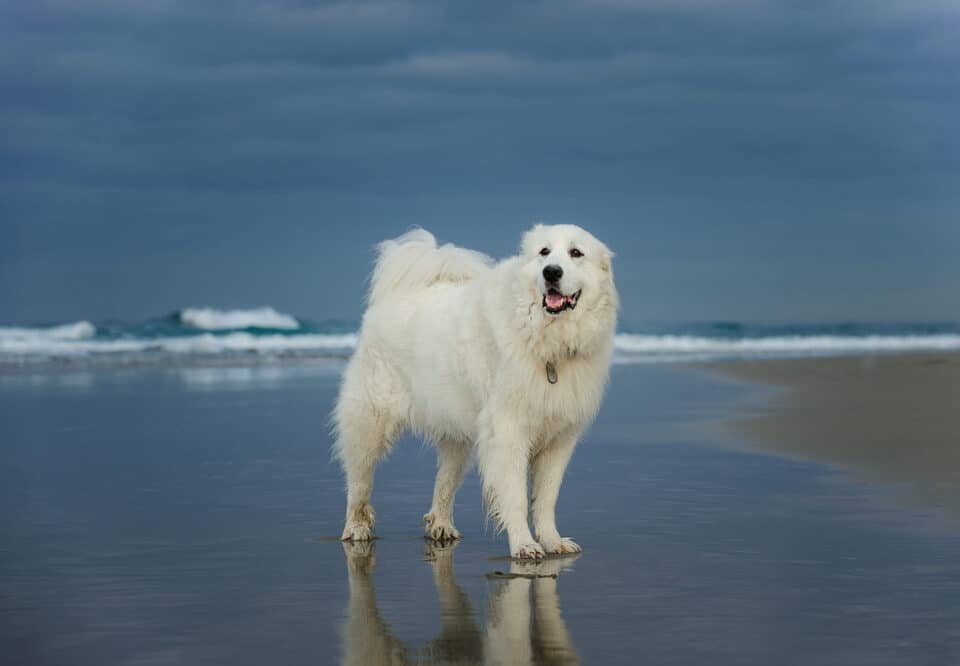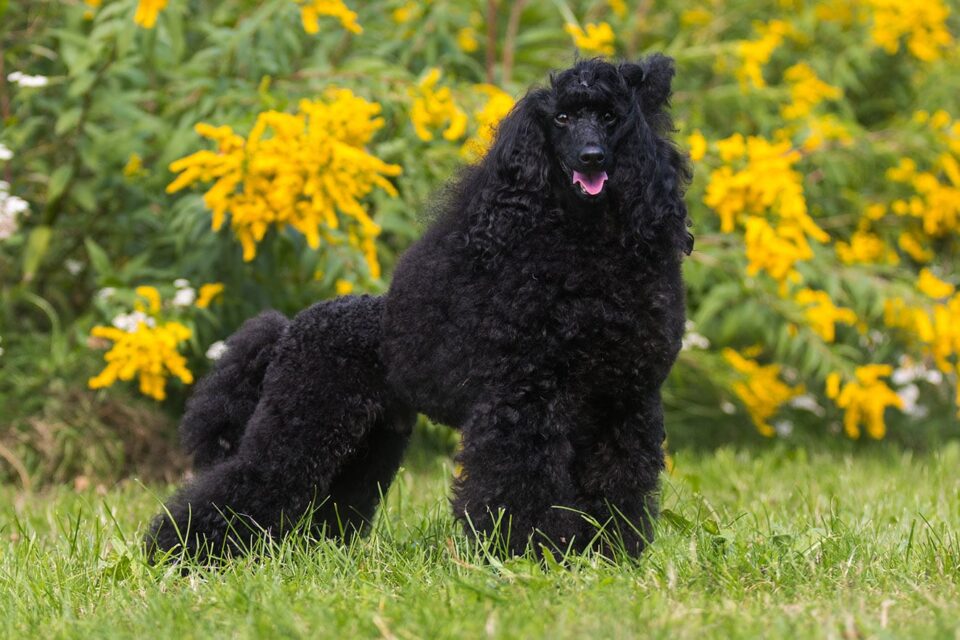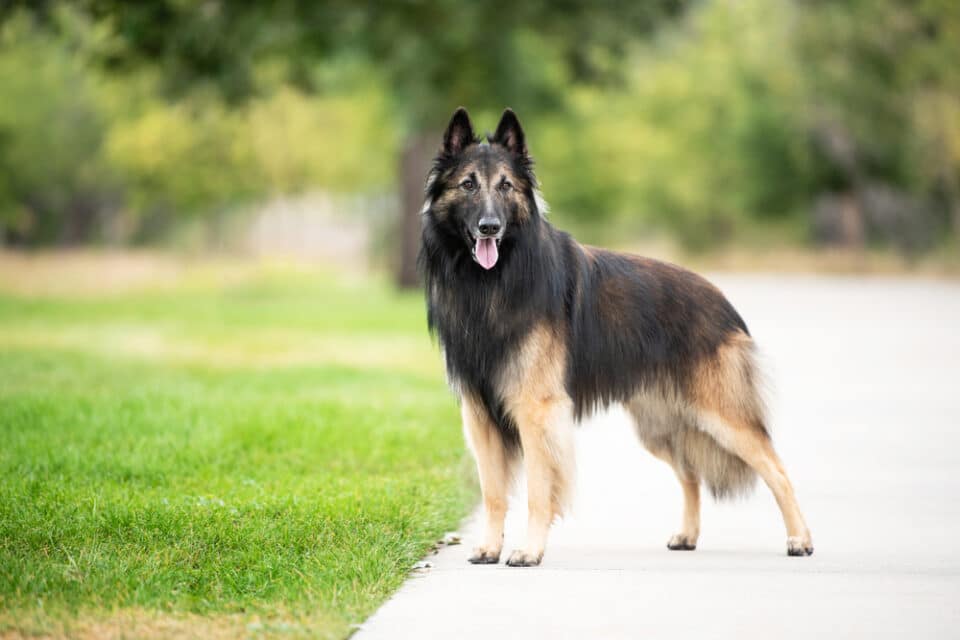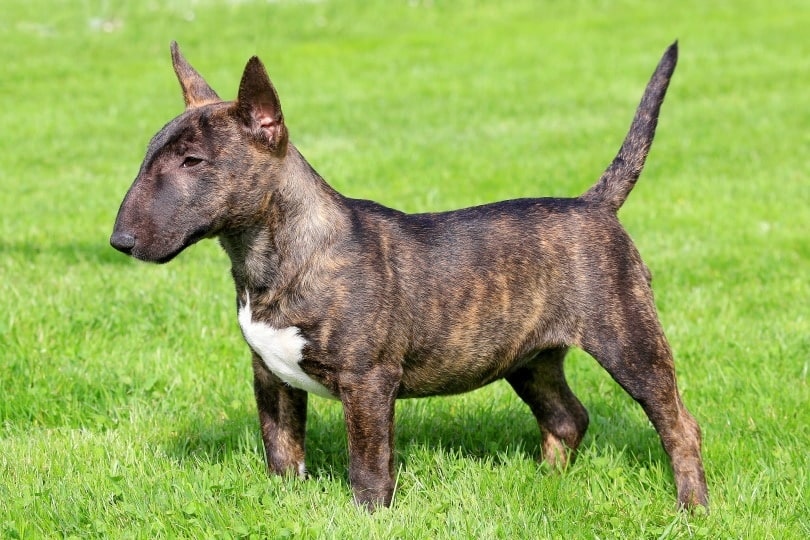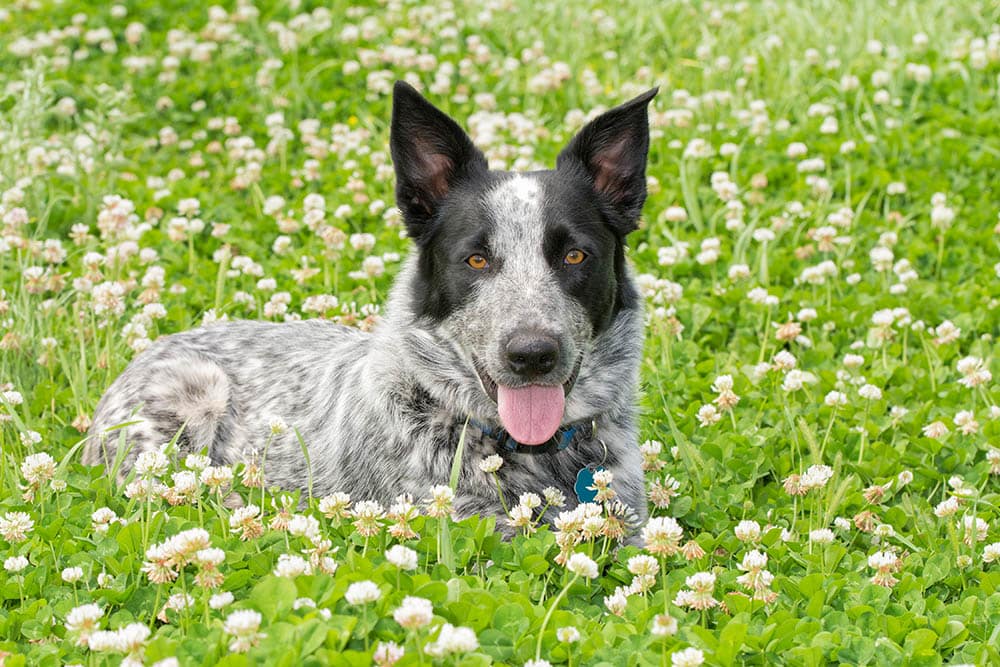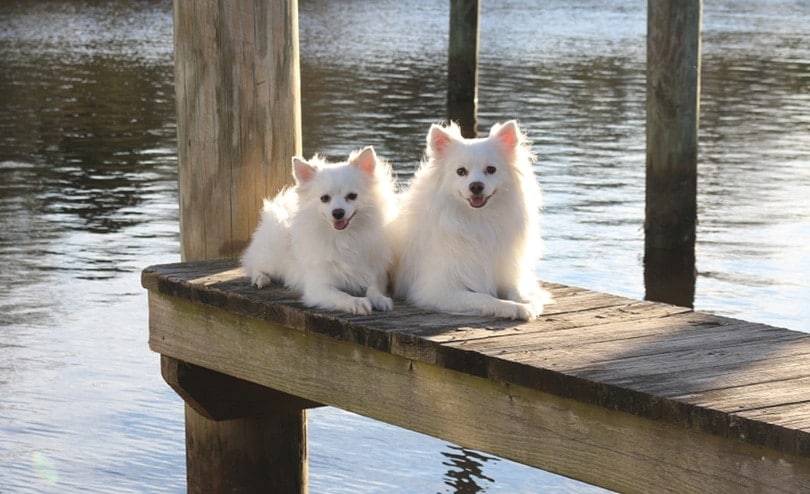Meet the Great Pyrenees, a gentle giant known for its loyalty and protective nature.
- This breed has a rich history as guardians of sheep in the mountains.
- Despite their size, they’re surprisingly easy-going and thrive with socialization and training.
- Their playful, friendly demeanor makes them suitable companions for families, provided they’re supervised around small children.
- Known for their majestic fur, these dogs require minimal grooming, shedding mostly in the spring.
Ah, the majestic Great Pyrenees! Imagine a gentle giant who looks like it belongs in a medieval tale of knights and royalty. With roots tracing back to ancient times, these dogs were bred to protect sheep from predators like wolves and bears in mountain terrains. They even moonlit as cart pullers and clandestine couriers during wartime. True heroes, aren’t they?
Standing tall at a height of 26 to 32 inches and weighing between 85 and 160 pounds, they are as imposing as they are loving. But don’t let their stature fool you—they’re calm and affectionate, the epitome of a gentle soul. Experienced owners find their loyalty unparalleled, and their innate protective instincts make them wonderful watchdogs. These big fluff balls can adapt to families if they’re well-socialized early on.
If you’re worried about compatibility with other pets, fret not. Great Pyrenees can happily coexist with other animals if they’re introduced when young. Their protective nature, however, means training and socialization are key to preventing unwanted territorial disputes.
Now, let’s talk about their energy levels. These pups don’t demand as much exercise as you might think. They’ll be content with a couple of walks daily and some playtime. They aren’t hyperactive, but you may find them barking at every sound—a remnant of their livestock-guarding past.
Their appearance is as breathtaking as their demeanor. Their coats, surprisingly resistant to tangling, only shed in the spring. Their grooming needs are refreshingly simple: weekly brushing, occasional ear cleaning, and baths only when necessary. It’s less maintenance and more cozy cuddling time!
Still, their genetic pool isn’t without fault. Being large, they’re prone to conditions like hip dysplasia and bloat, so it’s wise to keep an eye on their health. Feeding them from a slow-feeder bowl can help prevent bloat, and regular vet check-ups keep them in top form.
Lastly, it’s important to give them proper training from an early age. These dogs are smart but can be stubborn if they think they can run the show. Nail the basics like sit and stay by six months, and you’re on the right track to raising a well-mannered pooch.
The Great Pyrenees, with its noble qualities and big heart, can be a delightful addition to the right family, proving that they are more than just a pretty face.
